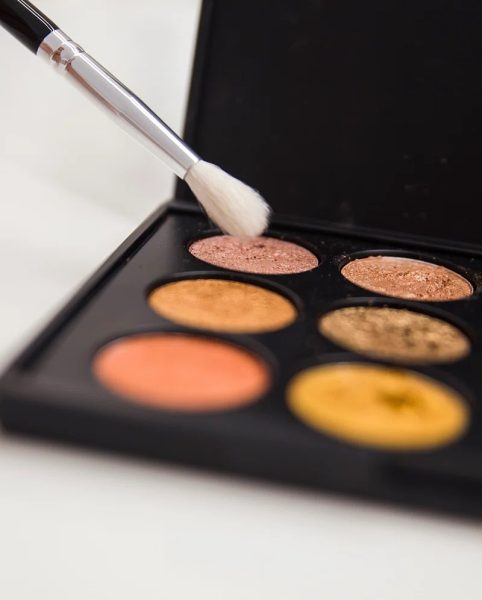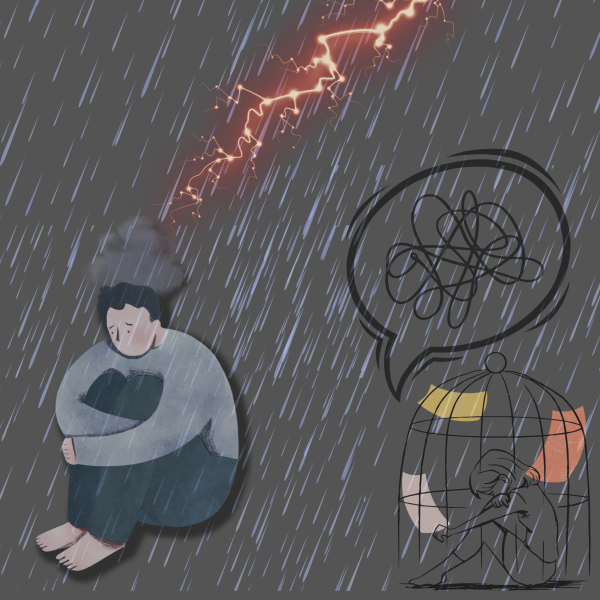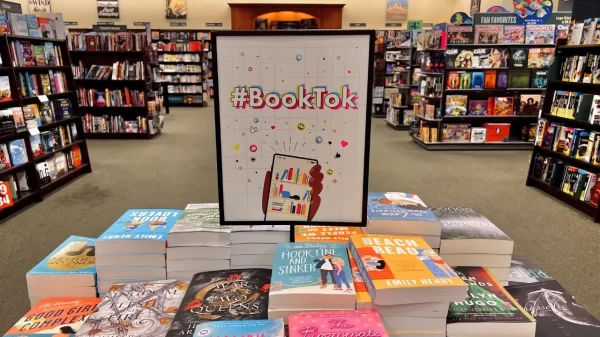The Price of Life
SATIRE
“Due to a recent influx of rubber band related attacks, schools in the New Falls area will be instituting rubber band drills for the next week. Here at Languid Lump High we aim to keep students safe,” Principle Affront said as he finished his announcement over the loudspeaker before school ended.
The rubber band discussion had been ongoing ever since the plucking tragedy in 1980, when a group of students plucked an entire school, and students were left with multiple bruises and anxiety as they watched other classmates suffer. Many groups linked the shooting to lax rubber band and sling shot laws. As the banders gained infamy, more and more schools suffered the same violence.
Not only has there been an influx of rubber band attacks, but the nature of rubber bands have evolved. Now students can easily transport slingshots, which pack even more pain and speed. Banders have loaded objects ranging from rocks to needles and have used these to bludgeon their fellow students. The debate of whether bands should be banned continues as Languid Lump High holds a school board meeting tonight.
Pro-slingshot groups like the National Bander Society (NBS) have alleged that slingshots are not the problem. However, the NBS groups also offer donations to affluent politicians; even members of the Presidential cabinet carry dollar bills marked by their slogan: “Slingshots don’t bruise people, people bruise people.”
This pro-slingshot stance has since elicited harsh criticism from the families of victims and other proponents of a slingshot ban. Last week there was a rally on Washington, where people in support of bans stormed the White House demanding senators to pass a bill to control the influx of rubber band technology. Senators refused a comment, most likely afraid to lose funding from the NBS. Supporters of a ban retort the NBS slogan with: “Are your rubber bands worth more than our lives?”
So far, the question has yet to be answered.
As far as the fight against rubber bands goes, the reality is that rubber bands are a part of American culture (whether we like it or not). There are plenty of people who use rubber bands in a safe way. Students use them for projects, like my high school physics class where we built a car from cardboard and rubber bands. There are also people who use rubber bands for tie dye t-shirts, or any other safe way.
People in support of a ban understand how integral a part rubber bands play in some regions of America, while also understanding that slingshots were never a part of our history. Groups like Ban All Slings (BAS) work towards a day without slingshots. All over social media, there are ads in support of a ban on slingshots.
With an information overload, it is hard for America to make a decision on a ban in the upcoming election. Slingshot supporters are slow to give up something they have used since childhood. Many cite the first day they received a slingshot from their parents, and the joy they felt as they aimed it at their brother or sister. Our mass banding problem is best answered with this question—are rubber bands really worth more than a life?










